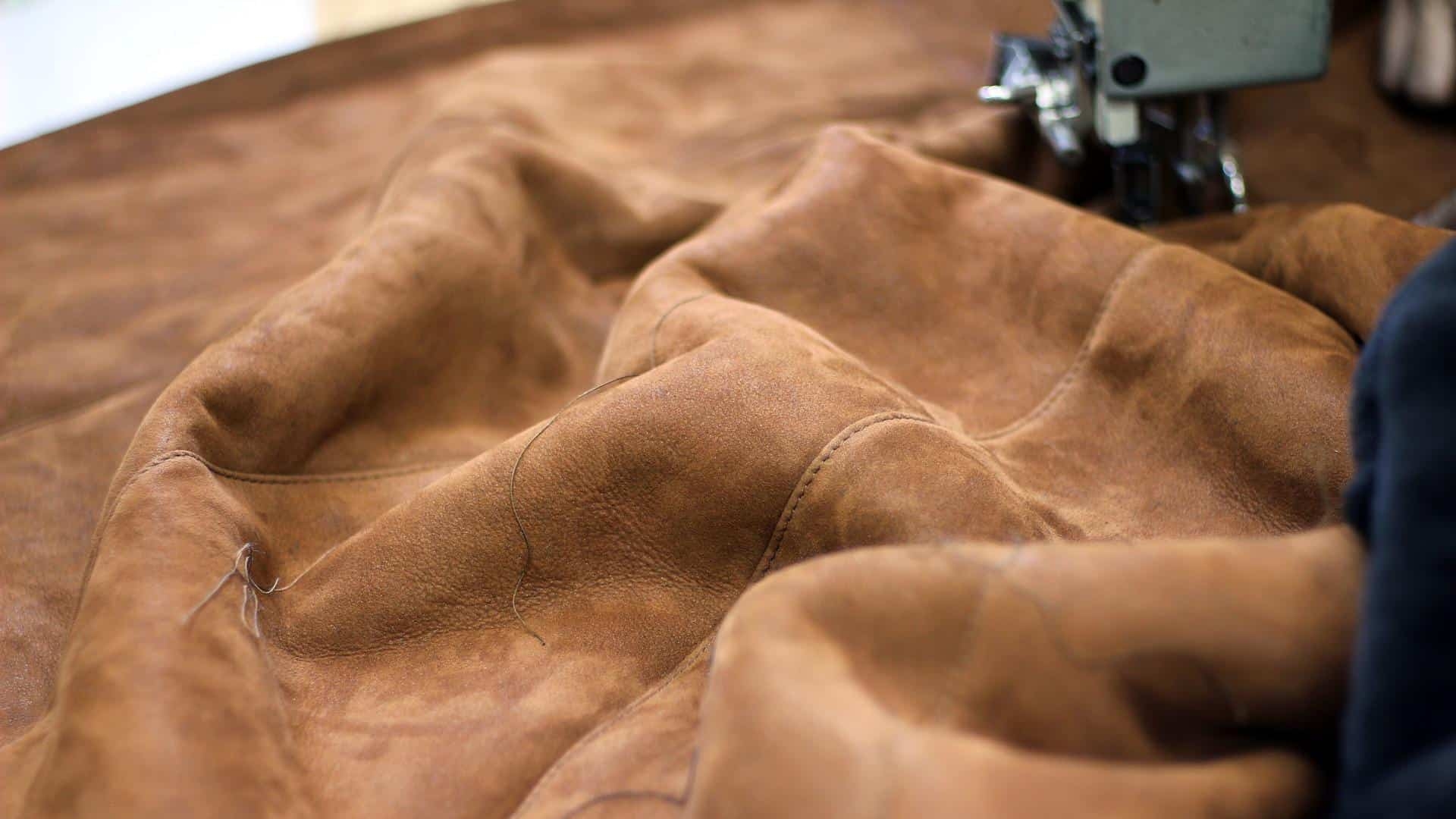
Leatherworking, whether in the fields of leather goods, shoemaking or saddlery, requires particular attention to the choice of leather tools used. The choice of leather stitching items has a direct impact on the quality of the finished garment, because if the needle used for stitching is not adapted to the leather, it can damage the material and alter the final finish. There are an infinite number of needles for leather. Let’s take a look at what we have to offer to help you select the right needle for your leatherworking projects.
Leather can come from many different breeds of animal, making it a material of great variety. Whether it’s cow, sheep, lamb, buffalo, goat or calf leather, for example, the leather will be more or less supple, fine and robust. A distinction must be made between “strong” leathers, which are leathers from cattle such as cows and oxen, and soft leathers and fine leathers. The former are the most resistant, thick and hard (ideal for furniture), while the softer leathers are mainly used in the leather goods sector. Soft leathers include hog, cow, calf and goat leathers, among others. Finally, fine leathers are light and very supple, like lambskin, sheepskin or suede. They are mainly used in the fashion sector.
Leather is a noble, rather delicate material that needs to be worked with precision to maintain its quality. So it’s essential to be familiar with the properties of leather and its specific characteristics, in order to choose the right needle for sewing without risking damage to the workpieces when making a leather good item.
Several factors come into play when choosing sewing tools, and this is particularly true for leather, which is a natural, living material.
The peculiarities of this material call for the use of needles specially designed for leather sewing they are stronger and more resistant to breakage. This is partly due to their chromium-plated steel composition, but some needles are also treated with titanium nitride (GEBEDUR® – available in our leather catalog) for added strength.
The size of the needles is also of vital importance in the choice of the latter. They are numbered from 70 to 110, the number corresponding to the diameter to the hundredth of a millimeter. This is the only measurement required to identify the needle size, as its length is standardized.
So, of course, you need to take into account the type of leather you want to sew before selecting your needles: is it imitation leather, soft leather, moderately hard leather or rather hard leather? The larger the diameter of the needle body, the more suitable it will be for sewing on thick leathers, and don’t hesitate to choose a needle that has been treated for hard leathers to ensure better resistance to breakage.
The ‘Lineo France network offers a range of professional stitching products specially designed for leather. We source from the world’s leading supplier of industrial needles, Groz Becker, to offer you a wide range of leather needles, whatever the size or type of point. Our experts will be happy to advise you on the choice of quilting products to meet your specific needs.